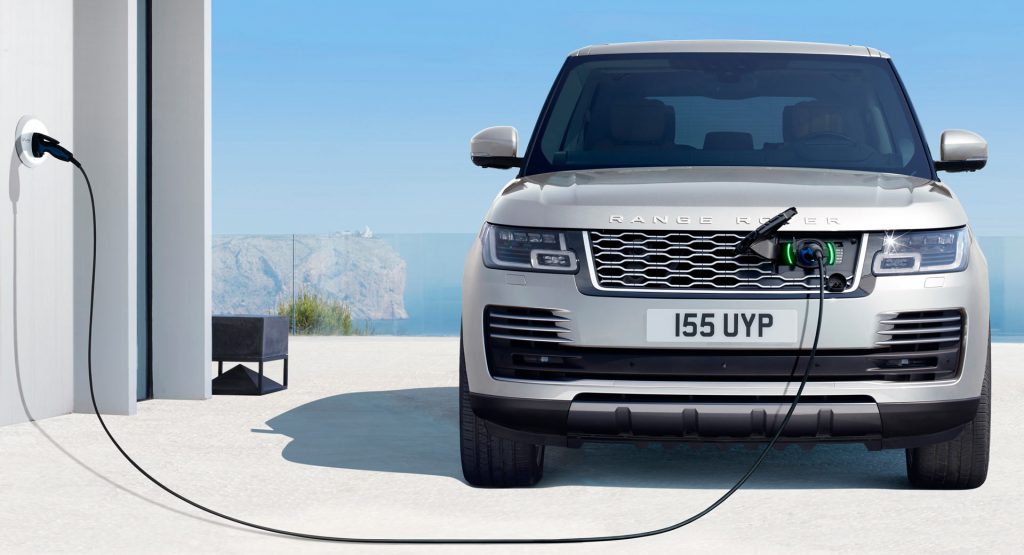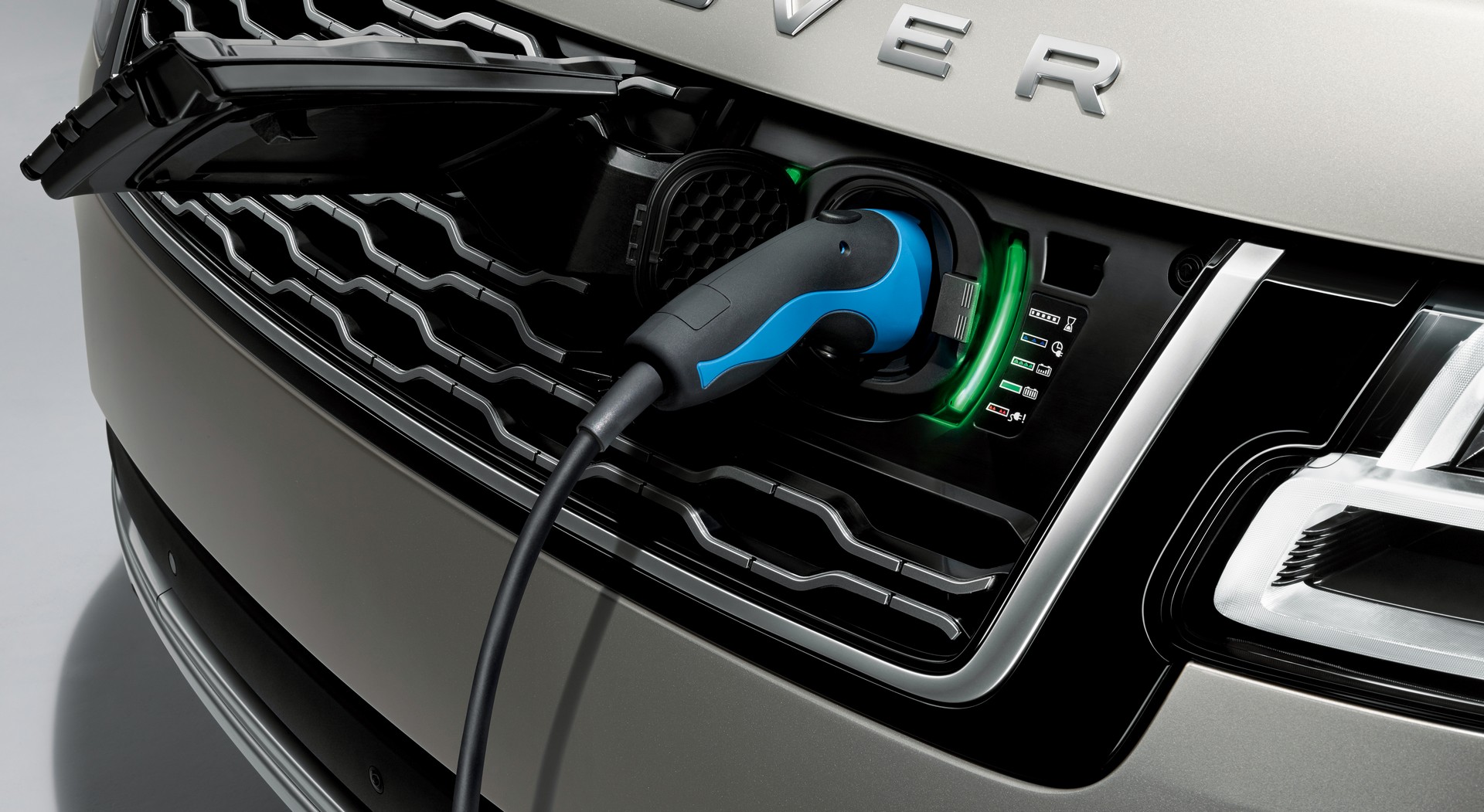Jaguar Land Rover is embracing electrification, but it appears the company isn’t fully committed to electric vehicles.
While Jaguar already has the I-Pace and is working on an electric XJ, Land Rover doesn’t offer an electric variant and an official suggested they might not make much sense in certain applications.
Speaking to Auto News Europe, Jaguar Land Rover’s engineering boss said “The larger the vehicle, the larger the aero challenge.” Nick Rogers went on to explain, “If you’re not careful, you end up with such big batteries and you make the vehicles so heavy that as you race down the autobahn the range disappears.”
That’s an interesting take, but it hasn’t stopped other companies from working on electric crossovers and SUVs. Besides already introduced I-Pace, Model X, E-Tron and EQC, a number of other electric models are on the horizon including the Bollinger B1, Rivian R1S and Ford’s Mustang-inspired crossover.
While Rogers doesn’t think electric powertrains are ideally suited for large crossovers and SUVs, he did said fuels cells could be “something to look at.” Of course, FCVs aren’t without problems of their own.
Among the issues are a lack of infrastructure and emissions created for hydrogen production. The latter can be fixed by using renewable energy, but the lack of refueling stations has been the industry’s “chicken or the egg” dilemma for decades.
Despite those issues, Rogers billed hydrogen as “fantastic” and noted FCVs offer quick fill-ups which aren’t too dissimilar from topping off your tank with petrol or diesel. Whether or not Land Rover goes the hydrogen route remains to be seen, but Auto News Europe noted the company appointed a new head of hydrogen and fuels cells earlier this year.










